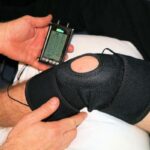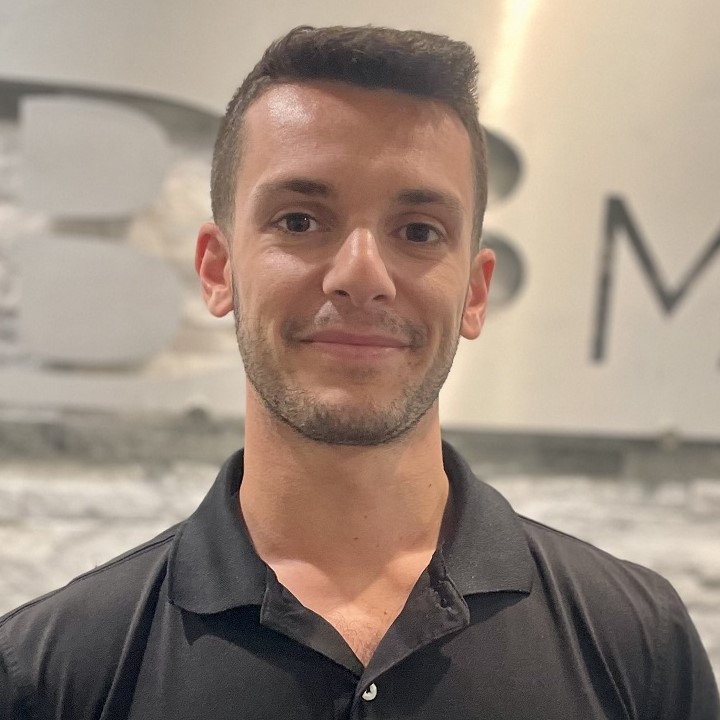Suffering from chronic pain can affect every aspect of your daily life. A large number of American’s are quietly dealing with constant discomfort and pain that can affect them both physically and mentally. The growing field of interventional pain medicine offers sufferers a solution away from invasive surgery. If you want to see an interventional pain specialist in Tampa has the best.
What Does an Interventional Pain Specialist in Tampa Do?
Interventional pain is a discipline of medicine that focuses on the diagnoses and treatment of pain-related conditions. A team of medical and health care specialists works together to offer a full spectrum of treatments for patients who suffer from acute or chronic pain. These specialists emphasize their focus on gaining a precise diagnosis so treatment can begin immediately and be effective. Patients can receive all related treatments and care under one roof without having to be referred from clinic to clinic or Doctor to Doctor.
Interventional pain specialists have an advanced understanding of the body’s natural ability to heal and specialize in techniques that intervene with the brain’s pain signals, allowing them to relieve the pain and heal the root cause. Interventional pain medicine offers a multi-disciplinary approach that focuses on a range of minimally invasive procedures that treat painful conditions. Patients can get back to their favorite activities without needing to undergo extensive surgery or rely on pain medication and opioids.
Conditions Treated
Interventional pain specialists treat a wide variety of chronic pain conditions. Commonly treated conditions include:
- Chronic pain
- Cancer Pain Treatment
- Lower back pain
- Spinal Stenosis
- Bulging or herniated discs
- Failed back surgery
- Degenerative Disc Disease
- Musculoskeletal Pain
- Nerve Root Pain
- Neck pain
- Whiplash
- Knee pain
- Joint pain
- Fibromyalgia
- Facet Syndrome
- Carpal Tunnel Syndrome
- Migraines
- Constant Headaches
- Lyme Disease
- Diabetic Neuropathy
Procedures Offered
Once you are booked in with your chosen interventional pain specialist, your specialist will perform a full medical evaluation in order to make a correct diagnosis and determine the root cause of the pain. From here, a treatment plan will be established. Individual treatment plans will differ significantly and may include multiple therapies and procedures. At B3 Medical, our interventional pain specialist Tampa-based team offers several procedures that can treat all types of chronic pain.
Epidural Injections
An epidural injection is a minimally invasive treatment that consists of an anti-inflammatory medicine being injected into the epidural space that surrounds the membrane covering the spinal cord and nerve roots. The medicine can be injected into the cervical, thoracic and lumbar spine. These injections help reduce pain and inflammation for conditions such as spinal stenosis, degenerative disc disease, herniated discs, sciatica, radiculopathy, and failed back surgery.
Peripheral Nerve Block
Peripheral nerves transmit information to the central nervous system and from the brain. The peripheral nerves are the nerves located outside of the brain and spinal cord. Nerve block treatment consists of an anesthetic being injected near a specific collection of nerves to stop pain signals and sensation in the targeted area and decrease inflammation. The nerve block allows damaged nerves to heal while providing temporary pain relief. They can also help to diagnose the exact cause of pain.
Facet Joint Injections
A facet joint injection involves injecting anesthetic and steroids directly into or around the facet joint. Facet joints are what join the vertebrae together and help stabilize the spine. These joints can suffer from wear and tear as we age, a process also known as osteoarthritis. This gradual degeneration can cause pain that is sometimes felt in other areas of the body, such as the buttocks or neck. The injection provides pain relief so that patients can participate in rehabilitative physical therapy.
Trigger Point Injections
Trigger points are knots or nodules within a taut band of muscles. Injecting local anesthetic, saline, or corticosteroid helps relieve and relax the knot while reducing associated pain.
Spinal Cord Stimulation
Spinal Cord Stimulation is often used for chronic pain conditions that have not responded to other treatments. It involves a trained surgeon placing a stimulator device and electrodes along the spinal cord so that the device can offer pain relief by sending a mild electrical pulse to nerves along the spine.
Radiofrequency Ablation (RFA)
RFA reduces chronic pain by using radio waves to target and heat nerve tissue. The heat prevents the nerve from sending pain signals to the brain and provides long-lasting pain relief.
Kyphoplasty
Kyphoplasty is a procedure used to treat stress fractures in the spinal bones that have been weakened by osteoporosis or injury, causing the bone to collapse. These fractures are treated by inflating the compressed vertebra to its original height and then filling the space with solid bone cement. This procedure will allow for good posture, reduce pain, prevent further fractures, and prevent further spinal disorders such as kyphosis from developing.
Mesenchymal Stem Cells and Platelet Rich Plasma (PRP)
These techniques are both non-surgical injection treatments. The MSCT treatment uses Mesenchymal stem cells taken from various parts of the body, while PRP uses the healing factors found in blood plasma. These substances are then injected directly into the damaged area to enhance the body’s natural healing process. This type of treatment can provide significant pain relief and can even reverse some types of damage.
Back Bracing
Patients who suffer from conditions like herniated discs, degenerative disc disease, or sciatica may benefit from a type of back brace. There are two types of custom-fitted back braces that can promote healing and reduce pain in the back. One type works to straighten the spine and correct any spinal curvature. While the other helps to stabilize the core muscles in order to promote healing, reduce pain, and prevent further injury.
What Type of Specialists Work in Interventional Pain?
Interventional pain specialists work in a range of medical disciplines. At B3 Medical, we have six clinics located around the Tampa Bay area. Our clinics each have a range of experts under one roof so that your health care is as simple and convenient as it should be. Our team of experts includes:
- Board Certified MD’s
- Registered Nurses
- Chiropractors
- Licensed Massage Therapists
- Physical Therapists
- Athletic Trainers
What Makes Them Different From Other Doctors?
All doctors undergo thorough medical training. Primary care or family doctors treat a wide range of illnesses, injuries, and pain symptoms on a daily basis. However, they may not have the specialized knowledge, equipment, or resources that interventional pain specialists have, and many patients are offered heavy-duty pharmaceuticals or referred straight to surgery. Interventional pain doctors have specifically trained in pain management and have vast experience in dealing with chronic pain.
Interventional pain doctors have in-depth knowledge of pain disorders, have the ability to evaluate and diagnose the source of pain, and provide treatment plans that may feature multiple disciplines. They are equipped with the most advanced equipment and practices, allowing them to fully treat the source of pain without needing to rely on invasive surgery or heavy drugs.
At B3 Medical, we have a team of experts from multiple fields under one roof. We can offer comprehensive care from an interventional pain specialist in Tampa. Call or visit us at B3 Medical today to book a consultation or to learn more about the care we offer. Our friendly team will be happy to answer all of your questions and concerns. All there is to lose is pain.



























